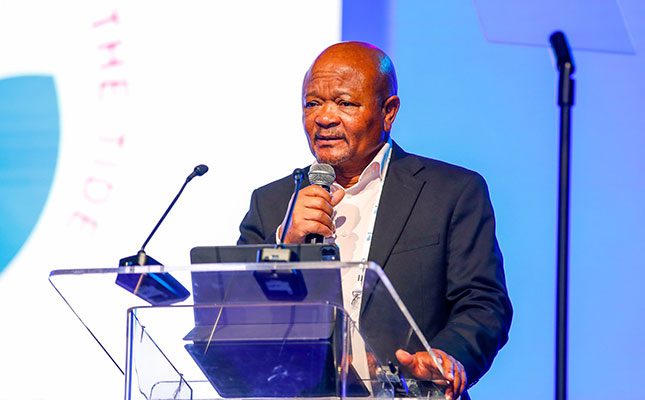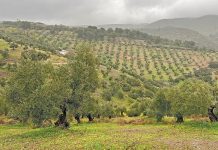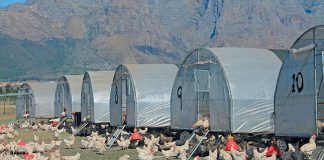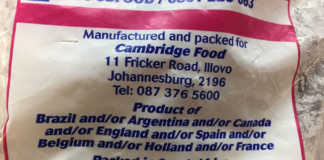
Photo: X | Water & Sanitation RSA
Political analyst Theo Venter told Farmer’s Weekly that the constitution gave the president the prerogative to appoint whomever he pleased to the Cabinet but only two of these appointments could be made from outside the assembly.
Ibrahim Patel, the minister of Trade and Industry, and Kgosientsho Ramokgopa, the minister of Electricity, are two examples of ministers who were chosen from outside the assembly.
READ Emfuleni municipal manager in hot water over sewage spillage
The event of the government of national unity (GNU), however, meant that the new cabinet not only had to satisfy the expectations of the ruling ANC but also those of the other GNU members, namely the DA, IFP, Good and the Patriotic Alliance: “With the GNU you can expect every single position, whether an ANC appointment or not, to be negotiated.”
Venter expected the president to appoint 24 to 25 cabinet members, and for the DA to get five to seven and the IFP two of these positions: “The ANC will try to retain sought-after positions, such as Foreign Affairs, Police, Defence and Finance, but the DA will probably be able to get one of these portfolios.”
He said that the agriculture minister position was not as important, although it probably counted among the top 10 positions.
“There is a lot of speculation and noise out there, making it difficult to discern who will be chosen for which position. Even so, it would not surprise me if the Western Cape Minister of Agriculture, Dr Ivan Meyer, who has done a sterling job in the Western Cape, was chosen as the national minister of agriculture. This is possible even though his name is not on the national list of the DA and he has been reappointed in the Western Cape,” Venter said.
Farmer’s Weekly asked various agricultural organisations who they would want to see in the position and what they would like to see from the new minister.
None of the organisations wanted to venture into speculations about who they would want to be employed or would like to see in the new position.
Bennie van Zyl, general manager of TLU SA, is worried that the appointment of Mchunu as acting minister of Agriculture might indicate that he would become the new agriculture minister: “I don’t know if Mchunu knows much about agriculture or if he would be good in the position, but he did not do a great job at the Department of Water Affairs and Sanitation and we are still in a dispute with the department about faulty bills. We don’t understand why Didiza could not continue in her position as minister of Agriculture until the new minister was appointed.”
The newly elected Speaker of the National Assembly, Ms Thokozile Didiza. #7thParliament #FirstSitting #30YearsofDemocracy #30YearsofDemocraticParliament pic.twitter.com/BI05VQDshZ
— Parliament of RSA (@ParliamentofRSA) June 14, 2024
Van Zyl said that he hoped the new agriculture minister would understand the agricultural industry and help to create a political environment that improved its sustainability.
“Instead of focusing on race, the new minister should focus on improving the success of farmers in general, which in turn would help to strengthen food security, create jobs and grow the economy.”
Theo Boshoff, CEO of Agbiz, said it would be great to have somebody in the position who had in-depth knowledge of agriculture, but Agbiz was willing to work with whoever was appointed.
For Agbiz, the most important prerequisite was that the new minister supported and built on work done under the Agro Processing Master Plan and its pillars.
These included facilitating the market expansion for South African products; investments and maintenance of enabling infrastructure, such as electricity, roads, rail and ports; better control over animal health diseases; mixed finance and sufficient capacity to regulate and implement key services under Article 36; resolving policy ambiguities and creating an investment-friendly environment, according to Boshoff.
Francois Rossouw, CEO of SAAI, identified the fixing of Onderstepoort Biological Products as crucial to ensure farmers had access to vaccines, as well as repairs to roads and ports to ensure farmers can access markets and inputs as their biggest priorities, along with the transferral of title deeds to black farmers and support systems to ensure the success of these farmers.














